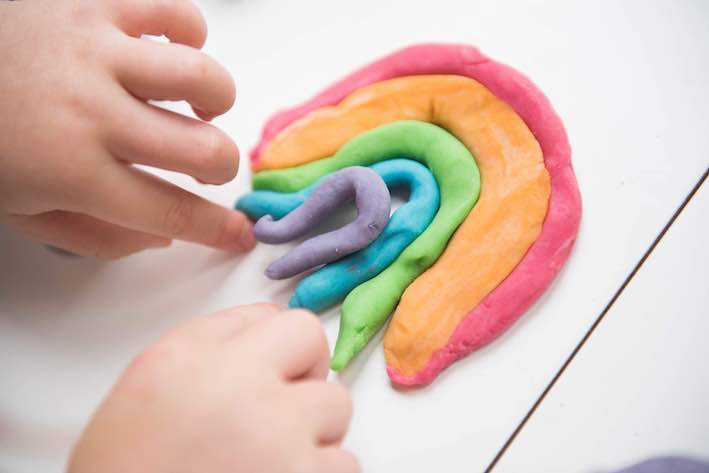
5 Great kitchen hacks from the Second World War kitchen
- Oct 01, 2020
- 0 Comment(s)
Imagine yourself as a homemaker during the Second World War. Food rationing was in full force and you had to make-do not only with limited quantities but reduced availability of goods termed ‘luxury’ items.
It was all about making things from scratch, using substitutes and making food last longer and go further. Nothing was wasted; even a left-over chicken carcass became a tasty and nutritious broth. Wasting less in the kitchen was an absolute necessity if you were to have enough to eat each day. Throwing away food just didn’t happen as this was akin to wasting a whole load of money.
Let’s take a look at a few of the best kitchen hacks from the Second World War kitchen, as may have been found in Mrs Beeton's Book of Household Management:
- Grow your own vegetables – nearly every home had an allotment, no matter how small. Flower beds were turned over to vegetable patches and crammed with as many varieties of vegetables as possible. The seed was cheap to buy and families would trade seeds, sharing to save money. Potatoes were a staple crop as they were easy to grow and able to be used in so many healthy and cheap meals.
- Bake your own bread – once you had a good supply of flour in the home, making bread was an everyday occurrence. Practically every meal was served with plenty of bread, although very little butter as this was scarce.
- Use a pressure cooker – this allowed you to cook all types of food slowly, tenderising even the toughest of meats. A good hearty family stew full of potatoes and vegetables from the garden needed just a little meat to add flavour. Add home-made dumplings made using fat from the meat dripping and the meal became incredibly wholesome and appetising.
- Get used to eating dripping – as a child, I remember there was always a bowl of dripping in the kitchen larder. Created from the fat that had melted and dripped from any form of roasting meat, it had so many uses. It could be used in cooking or spread thinly on bread and sprinkled with salt. Don’t avoid it until you have tried it as it is very tasty.
- Keep a few hens – during the war years, fresh eggs were a luxury. Just a few laying hens could be kept in the yard with maybe an old covered tea-chest for a hen house. Feed them with the scraps from the dinner plates and make the most of delicious fresh eggs most days of the week.
Once you get used to using every morsel of food that comes into the kitchen, in no time you will find yourself a natural at saving money and making produce go a lot further. When trimming veg, think twice before throwing the stems away and try eating them. Don’t peel potatoes but eat them with the skin. If following a recipe, don’t make the mistake of thinking that you have to buy every single ingredient; if you have items in the cupboard that will make good substitutes, go with them. If you do buy special items for recipes, don’t let them go to waste. Use in other dishes and let your imagination run wild.
Do what our mums used to do. Forget complex recipes, cook using your own instincts based upon traditional techniques and waste in the kitchen will lessen. Good for your health and purse and of course, the environment as a whole.































